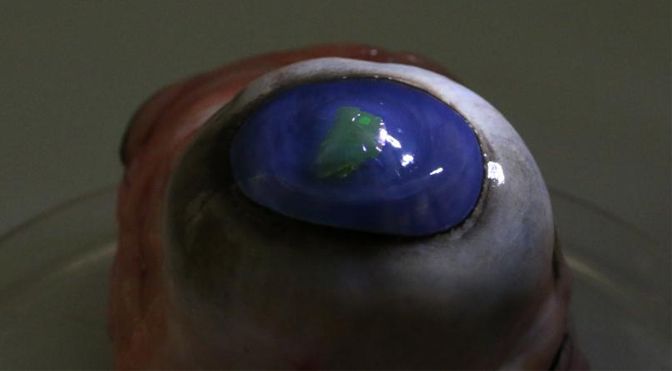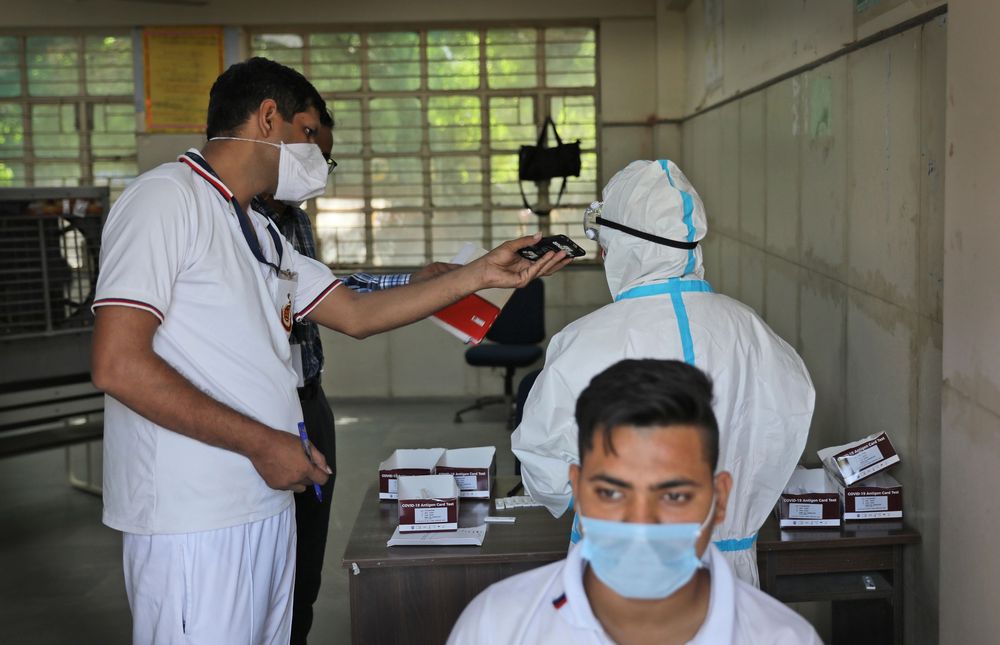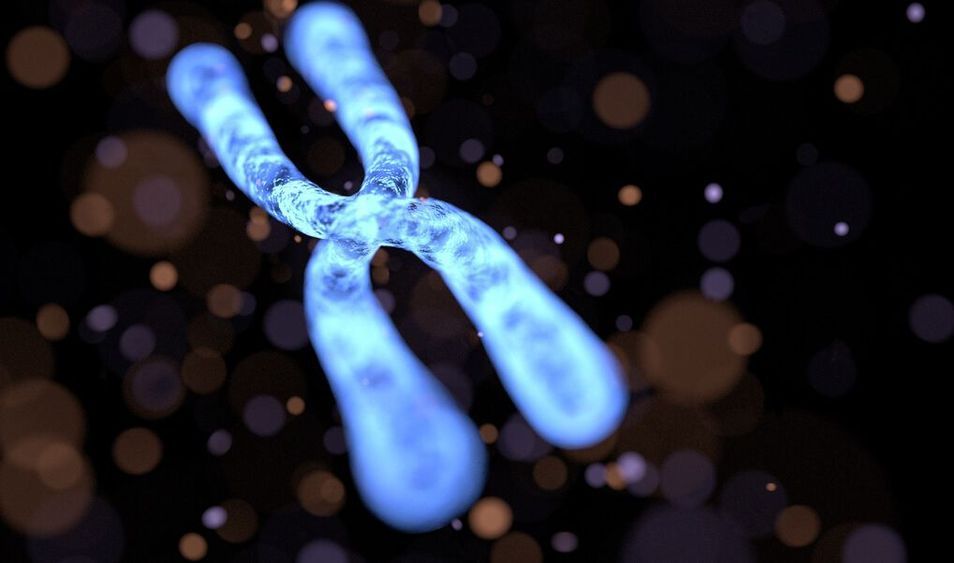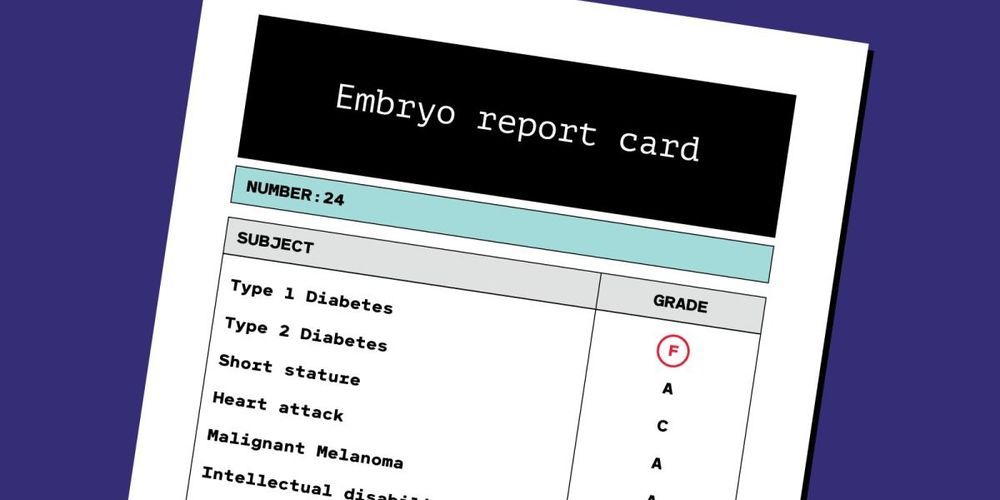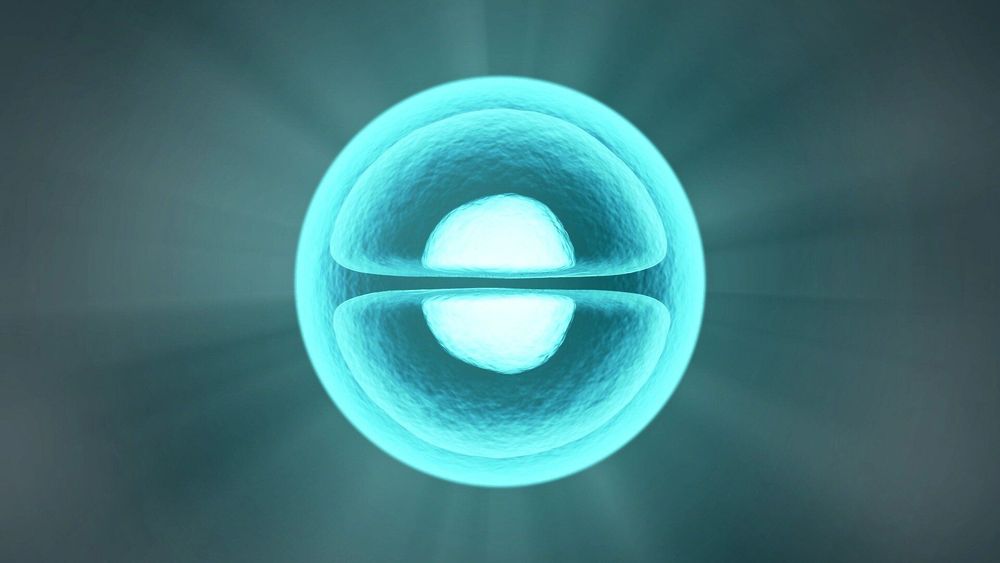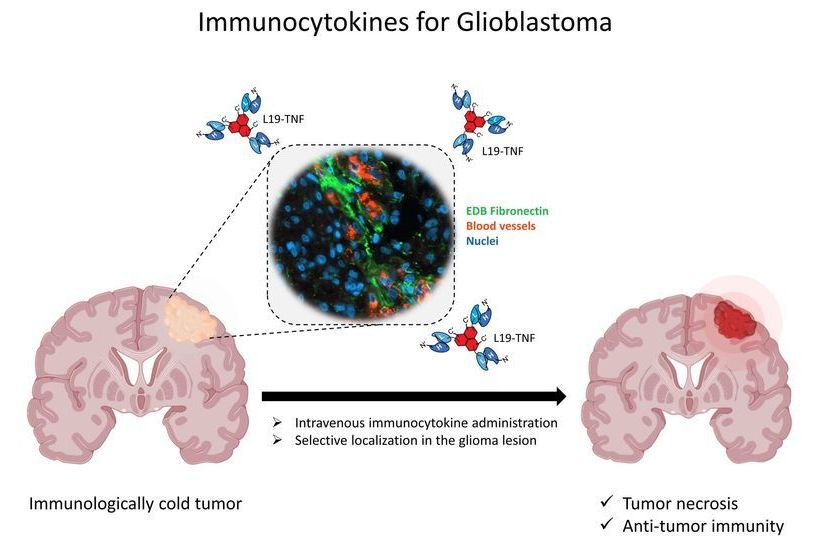Archive for the ‘biotech/medical’ category: Page 1550
Oct 9, 2020
36 Million People Worldwide Infected with Coronavirus
Posted by Quinn Sena in category: biotech/medical
The world now has more than 36 million cases of the coronavirus.
According to figures compiled by Johns Hopkins University’s coronavirus tracking program, 36,166,574 people across the globe have been diagnosed with COVID-19, including more than 1 million deaths.
The United States leads in both categories with 7.5 million cases and nearly 212,000 deaths. India is a close second in the total number of cases with 6.8 million, while Brazil topped the 5 million mark Wednesday.
Oct 9, 2020
Nanobots kill off cancerous tumours as fiction becomes reality
Posted by Quinn Sena in categories: biotech/medical, nanotechnology
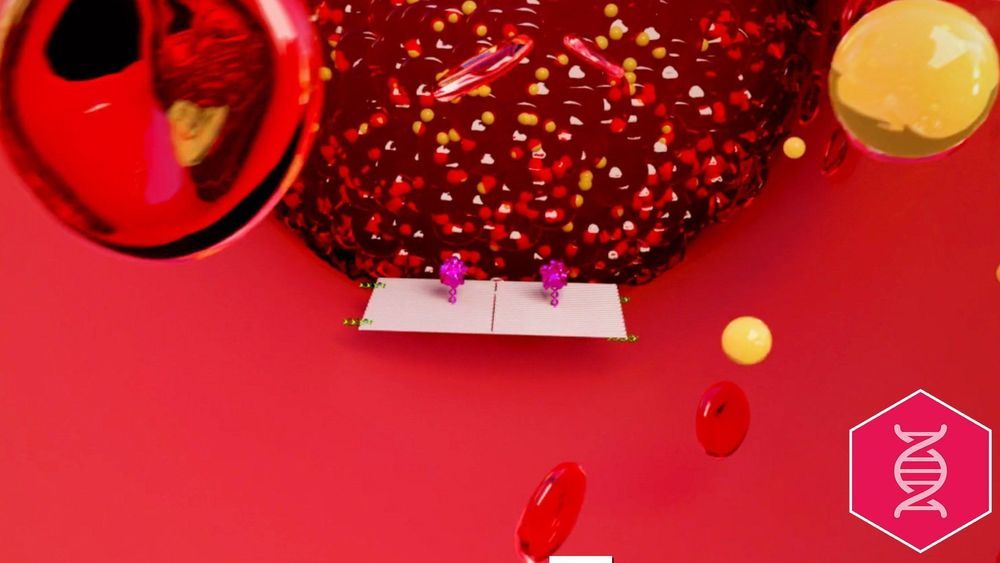
Circa 2018
Researchers inject tiny devices into the bloodstream to deliver drugs with precision.
Oct 9, 2020
A New Era of Healthcare with AI | I AM AI
Posted by Kelvin Dafiaghor in categories: biotech/medical, robotics/AI
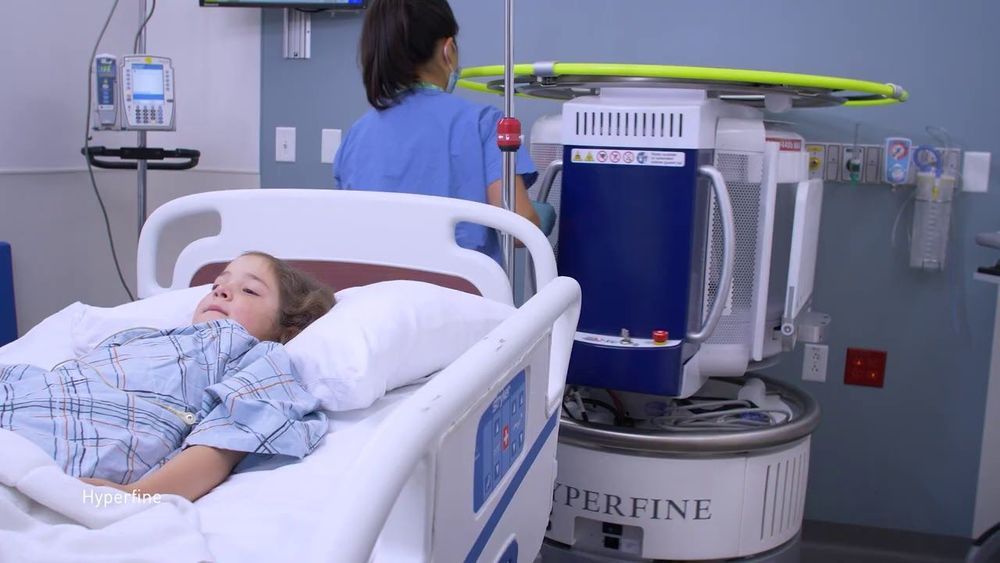
#AI is creating new possibilities in #healthcare, elevating the quality of care providers can deliver and giving the gift of time back to physicians to connect with patients. Learn how NVIDIA AI solutions are advancing medicine https://nvda.ws/33EGX6m #IAMAI
Oct 9, 2020
For the First Time, Scientists Fully Sequenced the Human X Chromosome
Posted by Raphael Ramos in category: biotech/medical
Scientist have sequenced the x chromosome.
The sequencing of the human genome was one of the greatest scientific feats of the past century, but it’s a little-known fact that it’s still a work in progress with considerable gaps. New research suggests we could be just months away from finally finishing the job.
Nearly two decades after the Human Genome Project released the first map of our DNA, there are still large sections that are a mystery to us. Scientists have been slowly filling in the gaps, but certain portions that feature repetitive sequences going on for millions of base pairs have long been seen as intractable.
Continue reading “For the First Time, Scientists Fully Sequenced the Human X Chromosome” »
Oct 9, 2020
What Brain-Computer Interfaces Could Mean for the Future of Work
Posted by Nicholi Avery in categories: biotech/medical, computing, information science, neuroscience, wearables
Imagine if your manager could know whether you actually paid attention in your last Zoom meeting. Or, imagine if you could prepare your next presentation using only your thoughts. These scenarios might soon become a reality thanks to the development of brain-computer interfaces (BCIs).
To put it in the simplest terms, think of a BCI as a bridge between your brain and an external device. As of today, we mostly rely on electroencephalography (EEG) — a collection of methods for monitoring the electrical activity of the brain — to do this. But, that’s changing. By leveraging multiple sensors and complex algorithms, it’s now becoming possible to analyze brain signals and extract relevant brain patterns. Brain activity can then be recorded by a non-invasive device — no surgical intervention needed. In fact, the majority of existing and mainstream BCIs are non-invasive, such as wearable headbands and earbuds.
The development of BCI technology was initially focused on helping paralyzed people control assistive devices using their thoughts. But new use cases are being identified all the time. For example, BCIs can now be used as a neurofeedback training tool to improve cognitive performance. I expect to see a growing number of professionals leveraging BCI tools to improve their performance at work. For example, your BCI could detect that your attention level is too low compared with the importance of a given meeting or task and trigger an alert. It could also adapt the lighting of your office based on how stressed you are, or prevent you from using your company car if drowsiness is detected.
Oct 8, 2020
The world’s first Gattaca baby tests are finally here
Posted by Quinn Sena in categories: biotech/medical, genetics
Anxious couples are approaching fertility doctors in the US with requests for a hotly debated new genetic test being called “23andMe, but on embryos.”
The baby-picking test is being offered by a New Jersey startup company, Genomic Prediction, whose plans we first reported on two years ago.
The company says it can use DNA measurements to predict which embryos from an IVF procedure are least likely to end up with any of 11 different common diseases. In the next few weeks it’s set to release case studies on its first clients.
Oct 8, 2020
Meet The New Billionaire Who Dropped Out Of High School And Flies Fighter Jets For Fun
Posted by Genevieve Klien in categories: biotech/medical, business, military
Jared Isaacman made a small fortune training fighter pilots but his wealth soared this summer when he took his payments processing business public amid the pandemic.
Oct 8, 2020
Engineers create nanoparticles that deliver gene-editing tools to specific tissues and organs
Posted by Quinn Sena in categories: bioengineering, biotech/medical, chemistry, genetics, nanotechnology, neuroscience
One of the most remarkable recent advances in biomedical research has been the development of highly targeted gene-editing methods such as CRISPR that can add, remove, or change a gene within a cell with great precision. The method is already being tested or used for the treatment of patients with sickle cell anemia and cancers such as multiple myeloma and liposarcoma, and today, its creators Emmanuelle Charpentier and Jennifer Doudna received the Nobel Prize in chemistry.
While gene editing is remarkably precise in finding and altering genes, there is still no way to target treatment to specific locations in the body. The treatments tested so far involve removing blood stem cells or immune system T cells from the body to modify them, and then infusing them back into a patient to repopulate the bloodstream or reconstitute an immune response—an expensive and time-consuming process.
Building on the accomplishments of Charpentier and Doudna, Tufts researchers have for the first time devised a way to directly deliver gene-editing packages efficiently across the blood brain barrier and into specific regions of the brain, into immune system cells, or to specific tissues and organs in mouse models. These applications could open up an entirely new line of strategy in the treatment of neurological conditions, as well as cancer, infectious disease, and autoimmune diseases.
Oct 8, 2020
Fusing cytokines with antibodies found to be effective at treating brain tumors in mice
Posted by Kevin Huang in categories: biotech/medical, neuroscience
A team of researchers from University Hospital Zurich and the University of Zurich, the Swiss Federal Institute of Technology and biotechnology company Philochem, has found fusing cytokines with antibodies to be an effective treatment for glioblastoma in mice. In their paper published in the journal Science Translational Medicine, the group describes their technique and how well it worked when tested with mouse models.
Glioblastoma is a type of cancerous brain tumor that is notoriously difficult to treat. Surgery to remove it is difficult and fraught with side effects, and drugs have little impact. In recent years, researchers have tried using drugs that alert the immune system to the presence of the tumor but they have not worked as hoped, either. In this new effort, the researchers tried another approach—fusing cytokines with antibodies as a way to attack the tumor. The hope was that together, the two would incite the immune system to attack the tumor more strongly and hopefully get rid of it.
Cytokines are small protein cells secreted by the immune system. Their usual job is to send signals to other cells in the immune system. And antibodies are Y-shaped proteins produced by plasma cells, the workhorses of the immune system that attack viruses and bacteria. In this new effort, the researchers fused L19 antibodies to cytokines. L19 was chosen because prior research has shown that it is able to seek out markers for glioblastoma. Fusing the two proteins together proved to be a more formidable therapeutic approach than using either alone. The resulting (L19TNF) immunocytokines were injected into mice with induced glioblastoma and were then monitored to determine their impact on the brain tumors.
